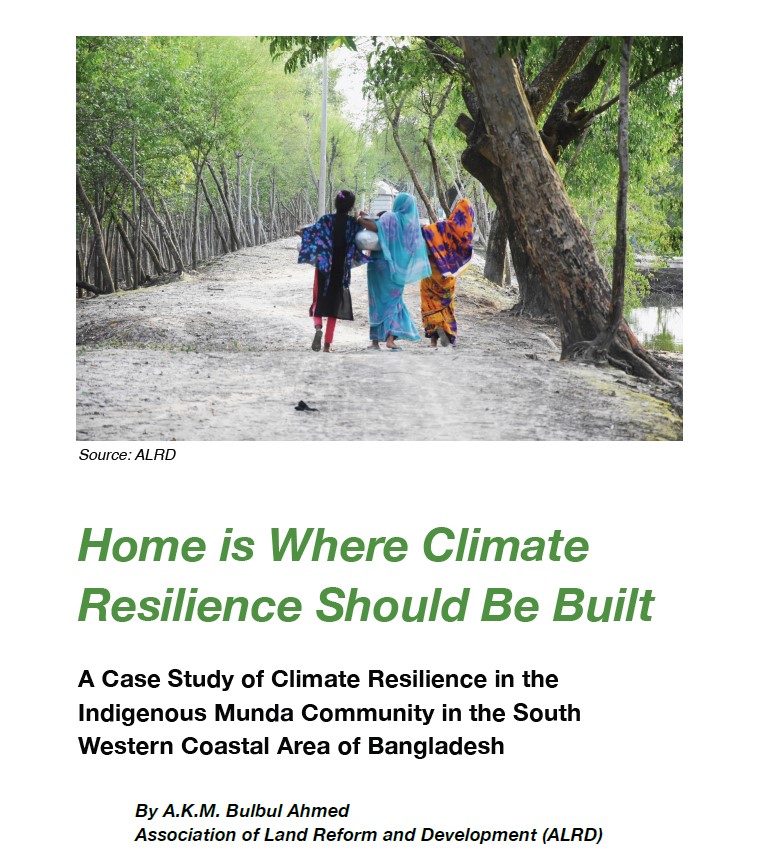Progress Towards the SDG Land Rights Commitments
Secure land rights for all—women and men, regardless of ethnicity or religion, or civil, economic, social, or political status—are foundational for achieving a world free of poverty, hunger, and systematic gender discrimination. So, in 2015, we celebrated when world leaders recognized the critical importance of land rights within Agenda 2030 and the Sustainable Development Goals. Member States’ ambitious written commitments, however, have not been followed by on-the-ground action.









